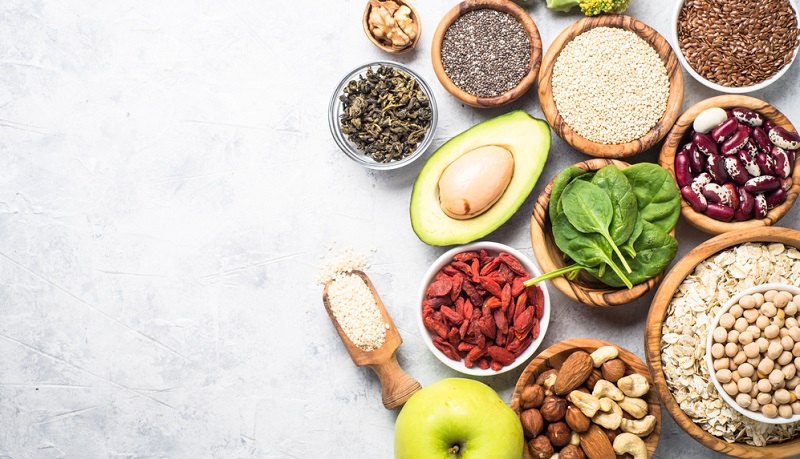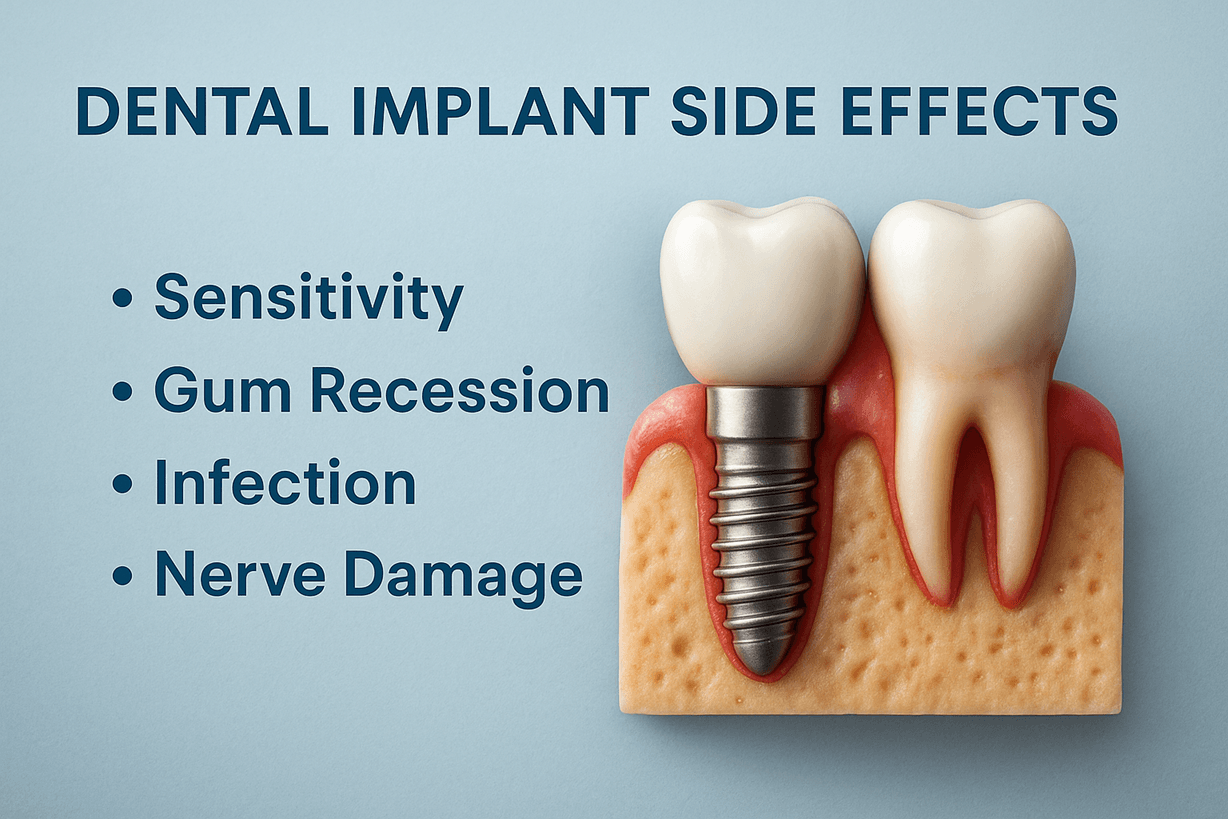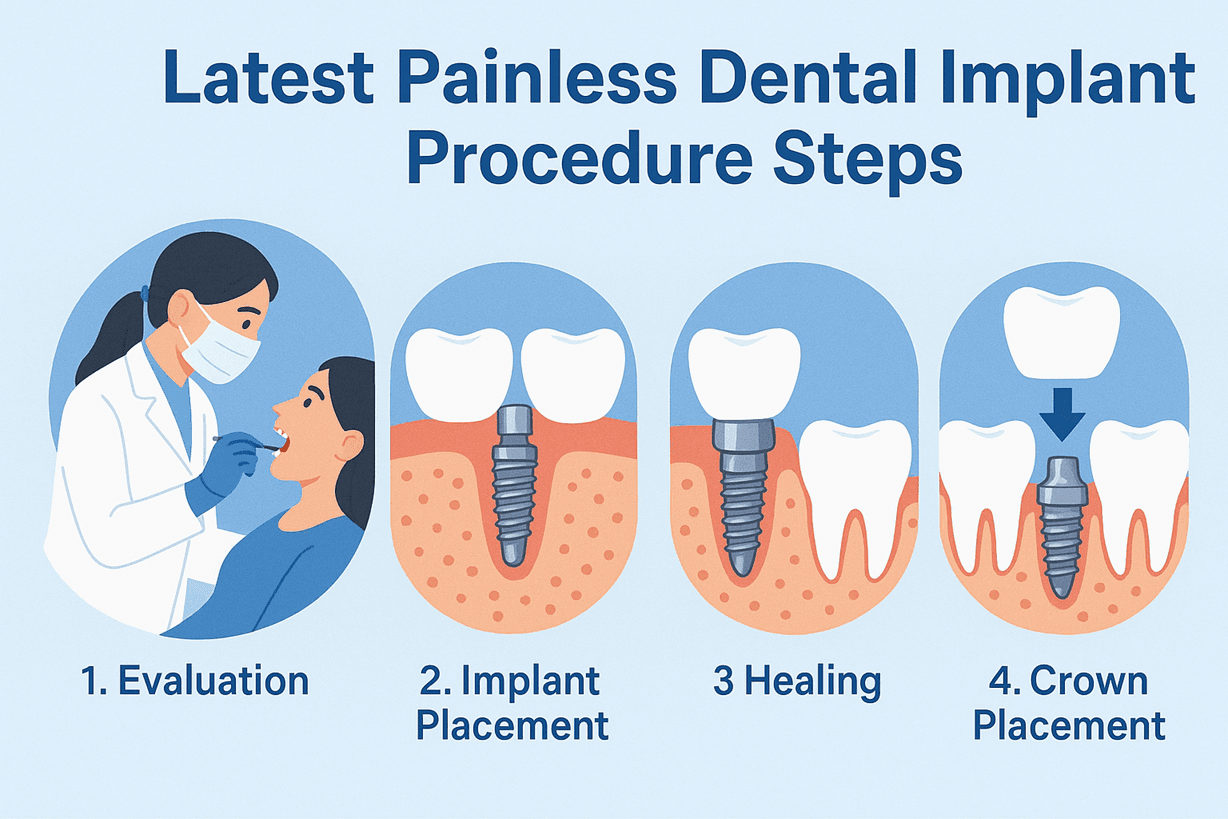Contents

Are you experiencing dry mouth? If so, you're not alone. This uncomfortable condition can make eating, speaking, and even sleeping difficult.
Luckily, some foods and drinks can help alleviate symptoms and keep your mouth moist.
From water and sugar-free gum to fruits and vegetables, soups, and even coconut oil, incorporating these items into your diet can make a big difference.
But be aware of what to avoid, such as sugary and acidic foods and drinks, caffeine, and alcohol. Keep reading to learn more about what foods are good for dry mouth.
What Foods are Good for Dry Mouth?
Certain foods and drinks can help keep your mouth moist and alleviate discomfort if you have a dry mouth.
Here are some examples:
Sugar-free gum and candies: Chewing sugar-free gum or sucking on sugar-free hard candies can help stimulate saliva production.
Fruits and vegetables: Fresh fruits and vegetables, such as apples, celery, and cucumbers, are high in water and can help hydrate your mouth.
Soups and broths: Warm liquids like soups and broths can help moisten your mouth and soothe dryness.
Coconut oil: Adding a small amount of coconut oil to your meals or using it for cooking can help lubricate your mouth and reduce dryness.
Yogurt: Yogurt is high in probiotics, which can help improve oral health and reduce dry mouth symptoms.
It's important to note that certain foods and drinks should be avoided if you have a dry mouth, such as sugary or acidic foods and beverages, caffeine, and alcohol, as they can further dehydrate your mouth and exacerbate symptoms.
What Can I Drink To Stop Dry Mouth?
Several drinks can help alleviate the symptoms of dry mouth and provide relief.
- Water: The most obvious choice for combating dry mouth is water. Drinking water helps keep the mouth hydrated and can help wash away food particles that can contribute to bad breath.
- Coconut Water: Coconut water is a natural electrolyte-rich drink that can help keep the body hydrated. It also contains potassium, which is essential for healthy muscles and nerve function.
- Aloe Vera Juice: Aloe vera juice can help soothe and moisturize the mouth, as well as provide relief from inflammation. It also contains vitamins and minerals that can support overall oral health.
- Vegetable Juice: Drinking vegetable juice can help provide hydration and essential nutrients for the body. It is also low in sugar, which is important for maintaining healthy teeth and gums.
- Herbal Tea: Drinking herbal tea can help soothe the mouth and provide relief from dryness. Chamomile, peppermint, and ginger tea are all good choices for alleviating dry mouth.
- Milk: Milk is a good source of calcium, which is essential for maintaining strong teeth and bones. It also helps stimulate the production of saliva in the mouth.
- Fruit Juice: Drinking fruit juice can provide hydration and essential vitamins and minerals. However, it is important to choose juices that are low in sugar and avoid citrus juices, which can irritate the mouth.
- Smoothies: Smoothies made with fruits and vegetables can provide hydration and essential nutrients for the body. They are also a good way to incorporate healthy fats and protein into your diet, which are important for overall oral health.
Aside from these beverages, it is crucial to avoid sugary and caffeinated beverages, both of which can contribute to dry mouth.
You may help ease the symptoms of dry mouth and have a healthier, happier mouth by introducing these drinks into your daily routine and taking care of your dental health.
It's important to remember that everyone is different, and some people may be more sensitive to particular foods and drinks than others.
Why is My Mouth So Dry After Drinking Water?
While it may seem counterintuitive, sometimes drinking water can actually make your mouth feel even drier. This could be due to several reasons, including:
1. Dehydration:
If you are dehydrated, your body may not have enough fluids to produce saliva, and drinking water alone may not be enough to rehydrate your body.
2. Medication:
Certain medications can cause dry mouth as a side effect, even if you drink plenty of water. This could be the reason why you still feel dry after drinking water.
3. Mouth breathing:
If you breathe through your mouth instead of your nose, it can cause your mouth to become dry, even if you are drinking water.
4. Underlying medical conditions:
A dry mouth can also be a symptom of an underlying medical condition such as Sjogren's syndrome, diabetes, or hypertension.
If you continue to experience dry mouth after drinking water, it may be a good idea to consult with your healthcare provider to determine the underlying cause and proper treatment.
How to Get Rid of a Dry Mouth after Drinking Alcohol?
Alcohol can dehydrate the body and cause dry mouth. To get rid of dry mouth after drinking alcohol, try the following tips:
Drink water: Drinking water can help rehydrate the body and relieve dry mouth. Drink a full glass of water before going to bed and sip on it throughout the night.
Use mouthwash: Rinsing with an alcohol-free mouthwash can help eliminate any remaining alcohol in the mouth while also stimulating saliva production.
- Chew sugarless gum: Chewing gum can aid in saliva production and alleviate dry mouth. To minimise further dehydration, choose sugar-free gum.
Use a humidifier: Keeping the air moist in your bedroom using a humidifier might help avoid dry mouth.
Limit alcohol intake: Limiting or eliminating alcohol use can help prevent dry mouth symptoms.
It is critical to consult with your healthcare physician if you have recurrent dry mouth.
Can Drinking Hot Water Cause a Dry Mouth?
It's unclear if hot water directly causes dry mouth.
Extremely hot water may irritate the mouth, leading to a dry sensation.
Dry mouth might be due to other conditions or medications, not just hot water.
Persistent dry mouth should be discussed with a healthcare provider.
Tips for Reducing Dry Mouth:
Stay Hydrated: Drink plenty of water.
Choose Foods Wisely: Water-rich fruits, veggies, and warm soups help.
Avoid Dehydrating Foods: Limit sugary, acidic foods, coffee, and alcohol.
Practice Good Oral Hygiene: Simple dietary changes can improve oral health.
Final Words
Finally, integrating specific foods and beverages into your diet will help reduce the discomfort of dry mouth while also improving your overall dental health.
Drinking plenty of water, chewing sugar-free gum, and eating water-rich fruits and vegetables are just a few examples of items that can help keep your lips moist.
Warm liquids such as soups and broths, coconut oil, aloe vera juice, yoghurt, and green tea can also help.
However, certain foods and beverages, such as sweet or acidic foods and beverages, coffee, and alcohol, can further dehydrate your mouth.
You can lessen dry mouth symptoms and enhance your quality of life by making simple dietary modifications and practising proper oral hygiene.



